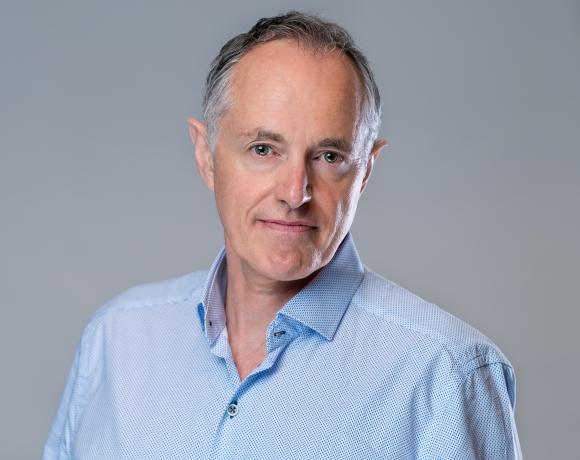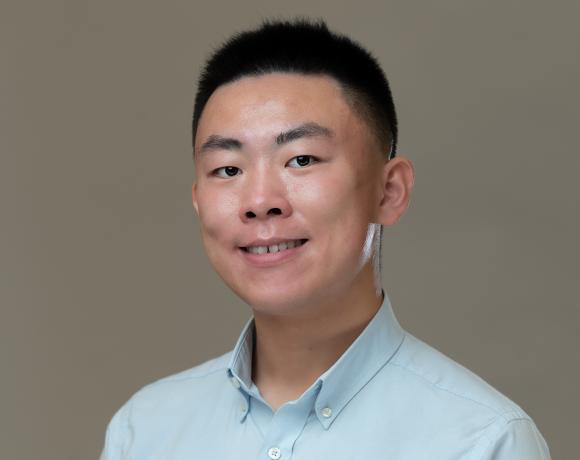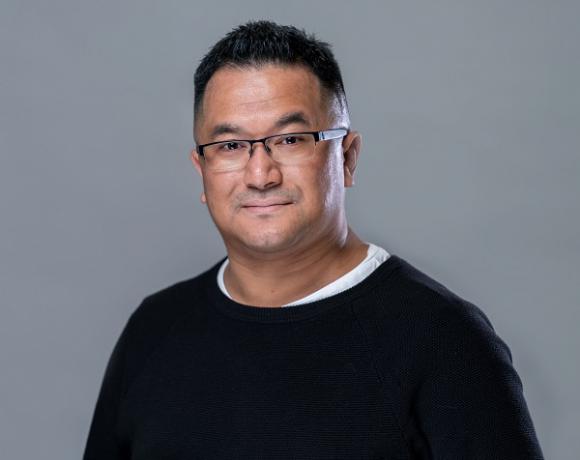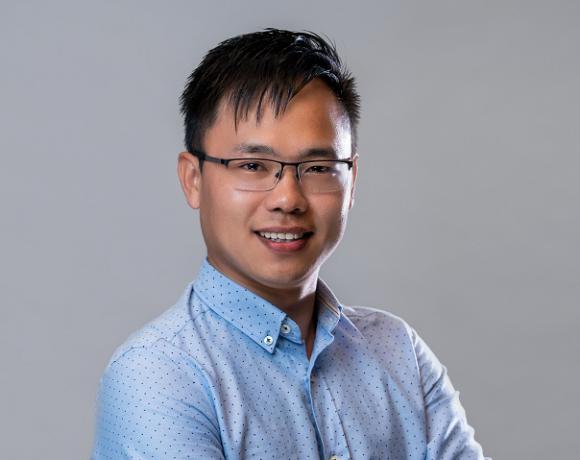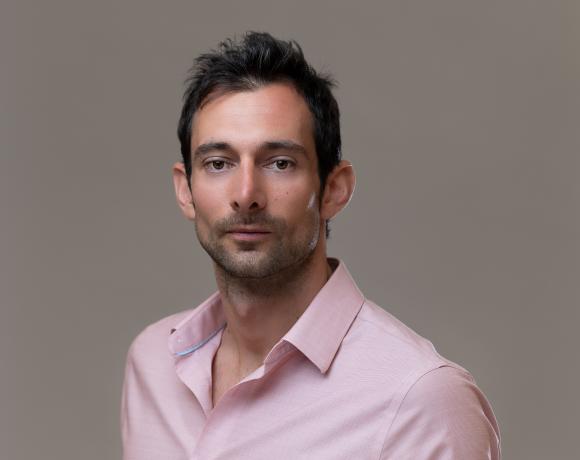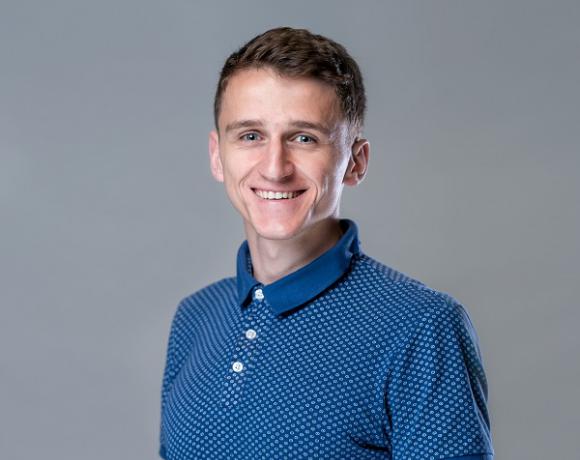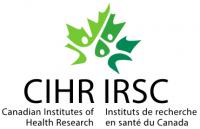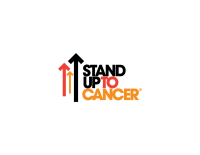EMBO reports
Turgu B, El-Naggar A, Kogler M, Tortola L, Zhang HF, Hassan M, Lizardo MM, Kung SH, Lam W, Penninger JM, Sorensen PH
Clinical Cancer Research
Mooney B, Negri GL, Shyp T, Delaidelli A, Zhang HF, Spencer Miko SE, Weiner AK, Radaoui AB, Shraim R, Lizardo MM, Hughes CS, Li A, El-Naggar AM, Rouleau M, Li W, Dimitrov DS, Kurmasheva RT, Houghton PJ, Diskin SJ, Maris JM, Morin GB, Sorensen PH
Science Advances
Zhang HF, Delaidelli A, Javed S, Turgu B, Morrison T, Hughes CS, Yang X, Pachva M, Lizardo MM, Singh G, Hoffmann J, Huang YZ, Patel K, Shraim R, Kung SHY, Morin GB, Aparicio S, Martinez D, Maris JM, Bosse KR, Williams KC, Sorensen PH
Cancer discovery, 2021
Zhang, Hai-Feng, Hughes, Christopher S, Li, Wei, He, Jian-Zhong, Surdez, Didier, El-Naggar, Amal M, Cheng, Hongwei, Prudova, Anna, Delaidelli, Alberto, Negri, Gian Luca, Li, Xiaojun, Ørum-Madsen, Maj Sofie, Lizardo, Michael M, Oo, Htoo Zarni, Colborne, Shane, Shyp, Taras, Scopim-Ribeiro, Renata, Hammond, Colin A, Dhez, Anne-Chloe, Langman, Sofya, Lim, Jonathan K M, Kung, Sonia H Y, Li, Amy, Steino, Anne, Daugaard, Mads, Parker, Seth J, Geltink, Ramon I Klein, Orentas, Rimas J, Xu, Li-Yan, Morin, Gregg B, Delattre, Olivier, Dimitrov, Dimiter S, Sorensen, Poul H
EMBO reports, 2019
El-Naggar, Amal M, Somasekharan, Syam Prakash, Wang, Yemin, Cheng, Hongwei, Negri, Gian Luca, Pan, Melvin, Wang, Xue Qi, Delaidelli, Alberto, Rafn, Bo, Cran, Jordan, Zhang, Fan, Zhang, Haifeng, Colborne, Shane, Gleave, Martin, Mandinova, Anna, Kedersha, Nancy, Hughes, Christopher S, Surdez, Didier, Delattre, Olivier, Wang, Yuzhuo, Huntsman, David G, Morin, Gregg B, Sorensen, Poul H
The Journal of pathology, 2019
Negri, Gian Luca, Grande, Bruno M, Delaidelli, Alberto, El-Naggar, Amal, Cochrane, Dawn, Lau, Ching C, Triche, Timothy J, Moore, Richard A, Jones, Steven Jm, Montpetit, Alexandre, Marra, Marco A, Malkin, David, Morin, Ryan D, Sorensen, Poul H
Proceedings of the National Academy of Sciences of the United States of America, 2019
Lim, Jonathan K M, Delaidelli, Alberto, Minaker, Sean W, Zhang, Hai-Feng, Colovic, Milena, Yang, Hua, Negri, Gian Luca, von Karstedt, Silvia, Lockwood, William W, Schaffer, Paul, Leprivier, Gabriel, Sorensen, Poul H
Cell death and differentiation, 2017
Delaidelli, Alberto, Negri, Gian Luca, Jan, Asad, Jansonius, Brandon, El-Naggar, Amal, Lim, Jonathan K M, Khan, Debjit, Oo, Htoo Zarni, Carnie, Christopher J, Remke, Marc, Maris, John M, Leprivier, Gabriel, Sorensen, Poul H
Acta neuropathologica, 2017
Jan, Asad, Jansonius, Brandon, Delaidelli, Alberto, Somasekharan, Syam Prakash, Bhanshali, Forum, Vandal, Milène, Negri, Gian Luca, Moerman, Don, MacKenzie, Ian, Calon, Frédéric, Hayden, Michael R, Taubert, Stefan, Sorensen, Poul H
Cancer cell, 2015
Salanti, Ali, Clausen, Thomas M, Agerbæk, Mette Ø, Al Nakouzi, Nader, Dahlbäck, Madeleine, Oo, Htoo Zarni, Lee, Sherry, Gustavsson, Tobias, Rich, Jamie R, Hedberg, Bradley J, Mao, Yang, Barington, Line, Pereira, Marina A, LoBello, Janine, Endo, Makoto, Fazli, Ladan, Soden, Jo, Wang, Chris K, Sander, Adam F, Dagil, Robert, Thrane, Susan, Holst, Peter J, Meng, Le, Favero, Francesco, Weiss, Glen J, Nielsen, Morten A, Freeth, Jim, Nielsen, Torsten O, Zaia, Joseph, Tran, Nhan L, Trent, Jeff, Babcook, John S, Theander, Thor G, Sorensen, Poul H, Daugaard, Mads
Cancer cell, 2015
El-Naggar, Amal M, Veinotte, Chansey J, Cheng, Hongwei, Grunewald, Thomas G P, Negri, Gian Luca, Somasekharan, Syam Prakash, Corkery, Dale P, Tirode, Franck, Mathers, Joan, Khan, Debjit, Kyle, Alastair H, Baker, Jennifer H, LePard, Nancy E, McKinney, Steven, Hajee, Shamil, Bosiljcic, Momir, Leprivier, Gabriel, Tognon, Cristina E, Minchinton, Andrew I, Bennewith, Kevin L, Delattre, Olivier, Wang, Yuzhuo, Dellaire, Graham, Berman, Jason N, Sorensen, Poul H
The Journal of cell biology, 2015
Somasekharan, Syam Prakash, El-Naggar, Amal, Leprivier, Gabriel, Cheng, Hongwei, Hajee, Shamil, Grunewald, Thomas G P, Zhang, Fan, Ng, Tony, Delattre, Olivier, Evdokimova, Valentina, Wang, Yuzhuo, Gleave, Martin, Sorensen, Poul H
Cell, 2013
Leprivier, Gabriel, Remke, Marc, Rotblat, Barak, Dubuc, Adrian, Mateo, Abigail-Rachele F, Kool, Marcel, Agnihotri, Sameer, El-Naggar, Amal, Yu, Bin, Somasekharan, Syam Prakash, Faubert, Brandon, Bridon, Gaëlle, Tognon, Cristina E, Mathers, Joan, Thomas, Ryan, Li, Amy, Barokas, Adi, Kwok, Brian, Bowden, Mary, Smith, Stephanie, Wu, Xiaochong, Korshunov, Andrey, Hielscher, Thomas, Northcott, Paul A, Galpin, Jason D, Ahern, Christopher A, Wang, Ye, McCabe, Martin G, Collins, V Peter, Jones, Russell G, Pollak, Michael, Delattre, Olivier, Gleave, Martin E, Jan, Eric, Pfister, Stefan M, Proud, Christopher G, Derry, W Brent, Taylor, Michael D, Sorensen, Poul H
Cancer cell, 2009
Evdokimova, Valentina, Tognon, Cristina, Ng, Tony, Ruzanov, Peter, Melnyk, Natalya, Fink, Dieter, Sorokin, Alexey, Ovchinnikov, Lev P, Davicioni, Elai, Triche, Timothy J, Sorensen, Poul H B
